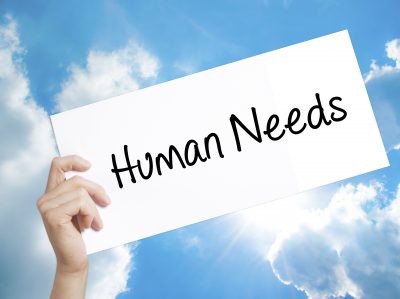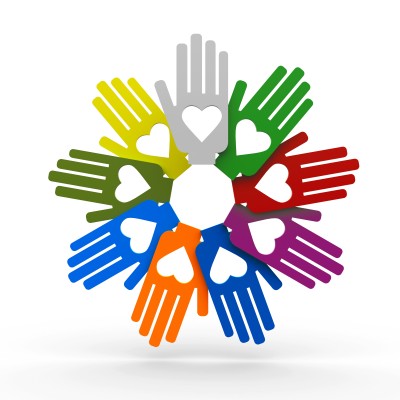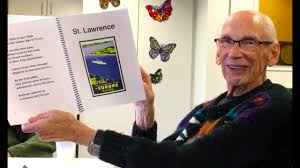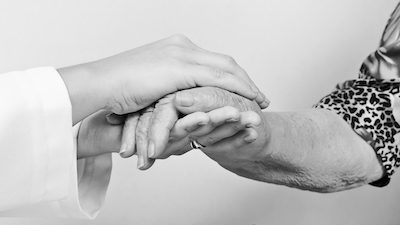
Compassionate Touch® is an effective caregiving technique that combines expressive touch and compassionate presence. The good- old-fashioned back rub is making its way back to eldercare, reinforcing that touch is beneficial for everyone.
But, let’s not stop at the back. Add shoulders, arms and hands, legs and feet, and now we have a powerful caregiving protocol that is easy to learn and so effective.
Eldercare providers need tools that improve the quality of life for those they serve. Additionally, providers need ways improve the quality of the work experience for their employees. I would argue that there has never been a more critical time than now to seek new ways to retain employees.
Compassionate Touch® hits the mark on both counts.
Benefits of Touch
Compassionate Touch® offers numerous benefits to both care partners. Findings are detailed here, as reported by participating nursing homes.
- Decreased dementia related behavioral expression
- Decrease in rejecting care
- Reduction in anti-psychotic medication use
- Increased cooperation with care
Additionally, touch is equally beneficial for the caregiver. The physiological response of increasing oxytocin and decreasing cortisol is a stress reducer. In addition, caregivers also reported that they feel better equipped to respond to the emotional needs of their elders.
Empowered and equipped caregivers are better positioned to provide excellent care.
To illustrate, observe these words from an Ohio Skilled Nursing Activities Director:
“I have found the CT program a pleasant way to engage our residents in a touch program which is essential to all human life. It thrills my heart to see the positive verbal and non-verbal responses from our residents.”
To conclude, there is no better time than the present to re-ignite the compassion, love and connection between elders and their caregivers. Both parties need it now, more than ever.
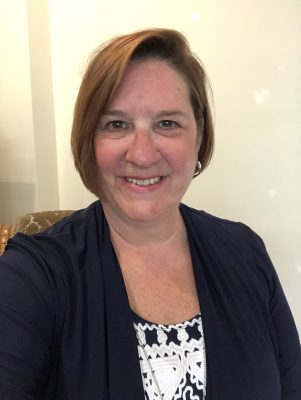 Julie has worked in Aging Services for over 30 years and has been a Licensed Nursing Home Administrator since 1990. She is a the Director of Grants and Consulting Projects and a Certified Master Trainer with AGE-u-cate Training Institute. In addition, she is an instructor and of Gerontology and Leadership in Aging Services at Northern Illinois University and lives in the Chicago Northwest Suburb of Mount Prospect, IL.
Julie has worked in Aging Services for over 30 years and has been a Licensed Nursing Home Administrator since 1990. She is a the Director of Grants and Consulting Projects and a Certified Master Trainer with AGE-u-cate Training Institute. In addition, she is an instructor and of Gerontology and Leadership in Aging Services at Northern Illinois University and lives in the Chicago Northwest Suburb of Mount Prospect, IL.
